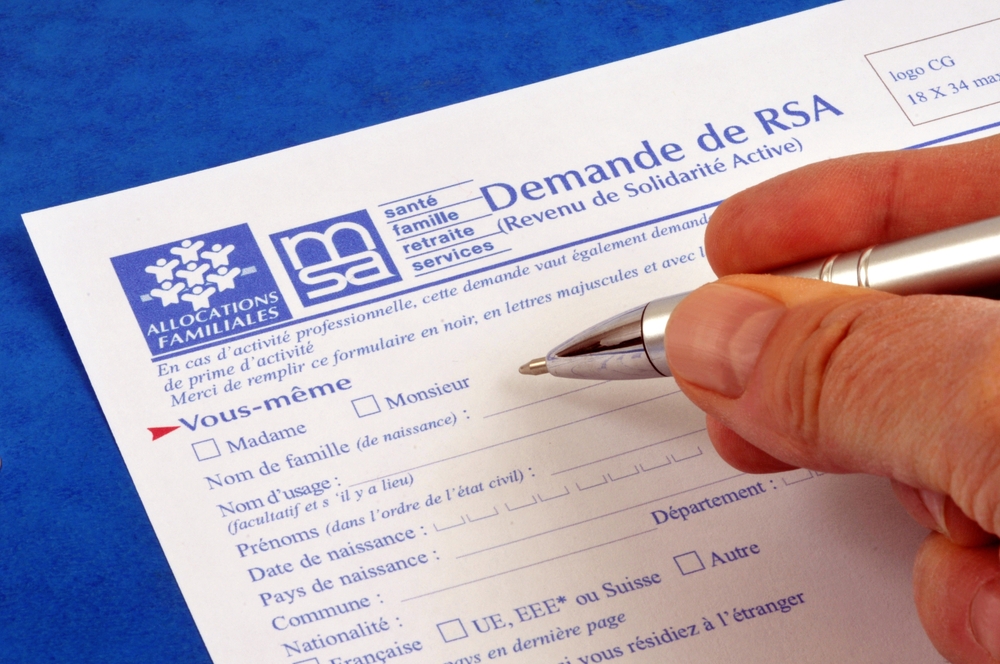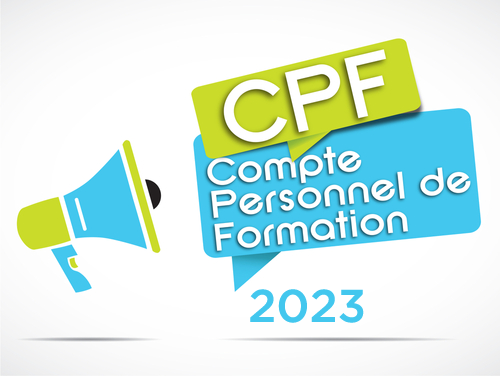
What changes in France in March?
Multidimension desk:
Navigo card holders who used the card between September and December 2022 will be able to request a refund of up to €37,61. This is compensation due to disruptions and punctuality problems that occurred in Ile-de-France transport networks during the year 2022. The refund request can be made from March 14 and a platform will be dedicated for this purpose.
Telephone advertisements, i.e. cold calling, will be prohibited from Monday to Friday before 8 a.m., between 1 p.m. and 2 p.m. and after 8 p.m. They will also be prohibited on weekends and public holidays.
On the night of March 26, we will switch to daylight saving time. The time will be put forward one hour since the sun will set later.
For vehicle owners, to offset inflation, petrol and diesel prices will not exceed €2 per liter at Total service stations.
Finally, once again for vehicle owners, it will be possible to request fuel allowance of €100. To benefit from it, you must have a taxable income less than or equal to €14,500 in the year of 2021 or use a vehicle for professional purposes regularly insured. The request is made on the Income Tax office’s (Impôts) website.
What are the changes coming in March 2023
التغيرات المرتقبة بفرنسا خلال شهر مارس?
مكتب مولتيدمونسيون:
سكان باريس المستعملين بطاقة
Navigo,
ما بين الشهر شتنبر و دجنبر يمكنهم طلب تعويض بقيمة 37،61€، هذا التعويض مرتبط بالاطرابات و الصعوبات في احترام التوقيت التي عرفتها شبكة النقل franciliens
خلال سنة 2022.
يمكن تقديم طلب التعويض ابتدائا من 14 مارس، سيتم تخصيص منصة لهذا الغرض.
– الاشهار عبر الهاتف، بمعنى البيع عبر الهاتف سيكون ممنوع من الاثنين إلى الجمعة قبل الساعة 8 صباحا و ما بين الساعة الواحدة والثانيه بعد الزوال. وكذلك ايام آخر الأسبوع و ايام العطلة.
في ليلة 26 من مارس سيتم اعتماد التوقيت الصيفي، ستزداد ساعه، ما دامت الشمس تغرب متأخرة.
بالنسبة لي مستعملي السيرات و من أجل مواجهة التضخم، اسعار البنزين لن تتجاوز 2€ اللتر في محطات Total.
و اخيرا، و بالنسبه لي مستعملي السيرات يمكنه طلب التعويض على نفقات المحروقات بقيمة 100€، من أجل الاستفادة من هذا التعويض لا يجب على الدخل السنوي ان يتجاوز 14000€. و استعمال السيارة لي التنقل إلى العمل، وتجديد تأمين السيارة بشكل متواضب. الطلب يتم على الموقع الإلكتروني لمصلحة الضرائب.





Recent Comments